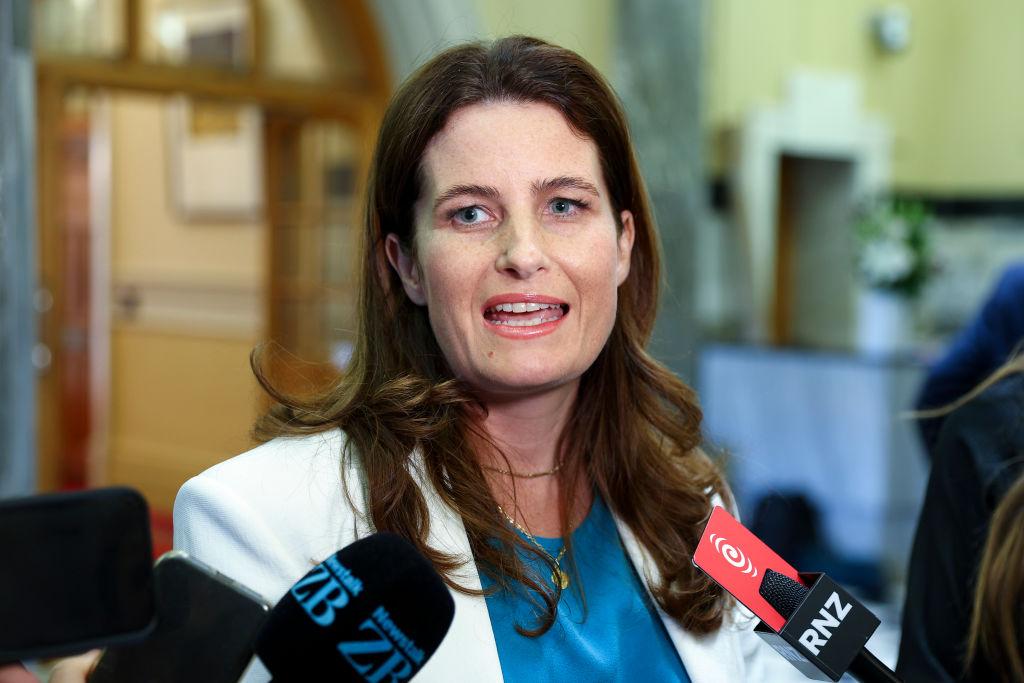Analysis
The finance minister promised a “mini mini” budget, and MP Nicola Willis certainly delivered that with a document just six pages long.

The finance minister promised a “mini mini” budget, and MP Nicola Willis certainly delivered that with a document just six pages long.